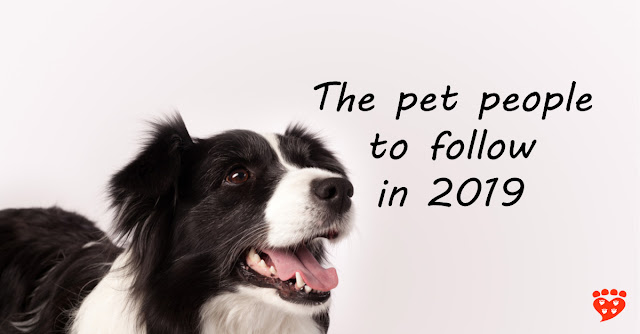Fellow Creatures: New Post on Millennials and Pet Dogs

I have a new post at my Psychology Today blog Fellow Creatures that looks at some new research on dog ownership amongst millennials. By Zazie Todd, PhD The research shows pet dogs bring routine and stability at this time of emerging adulthood, but there are some challenges, especially when it comes to finding pet-friendly rental housing. Take a look: Millennials' pet dogs: an anchor to an adult world. Photo: Fran_/Pixabay





